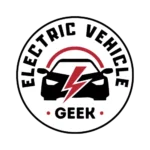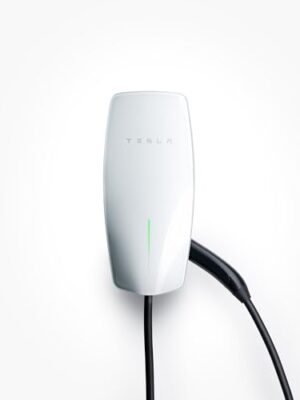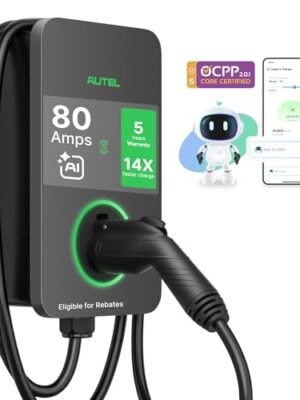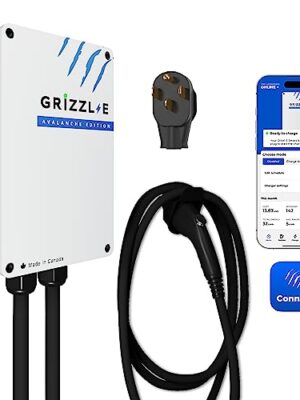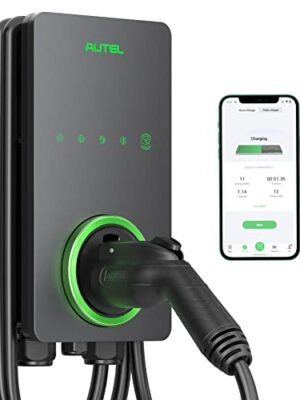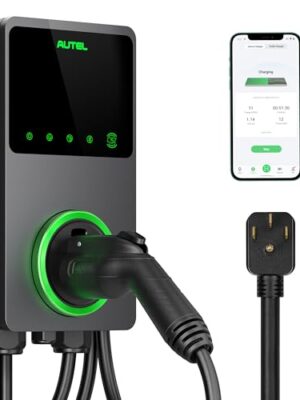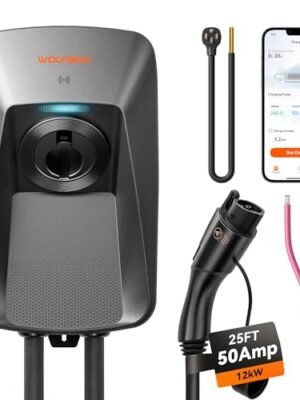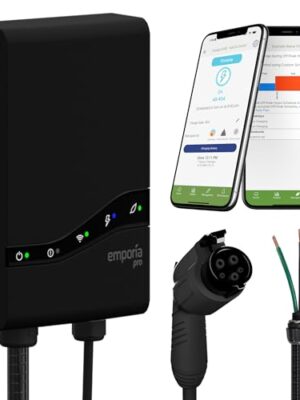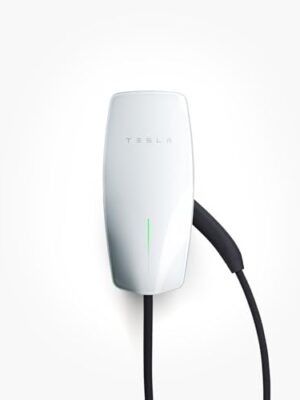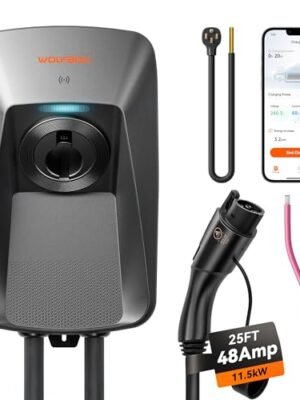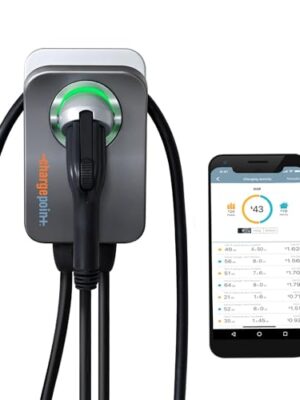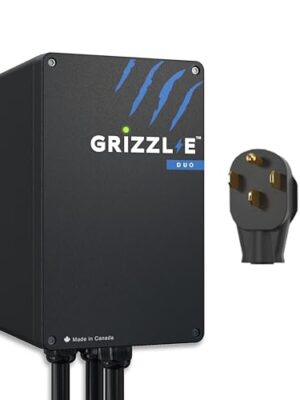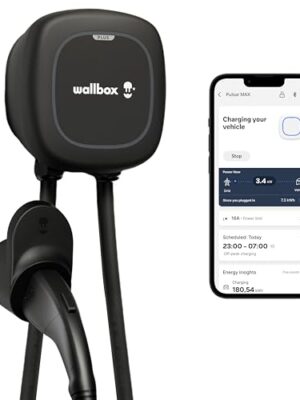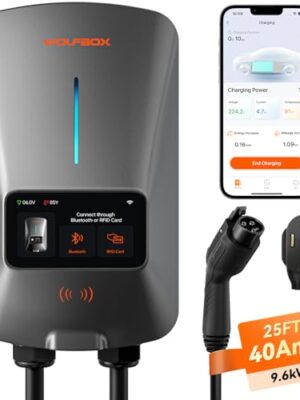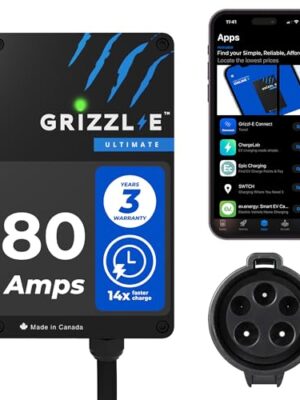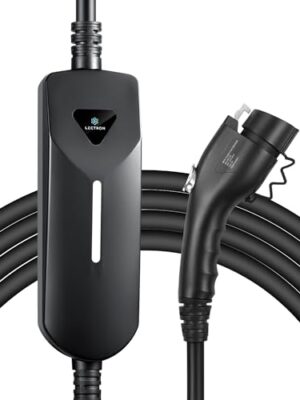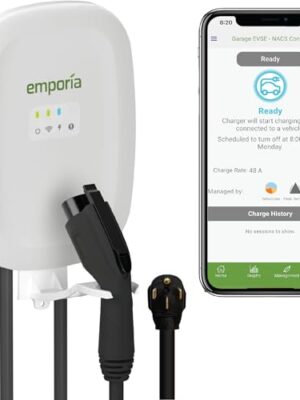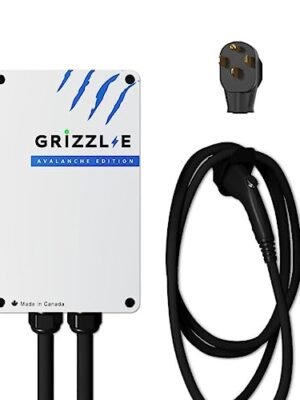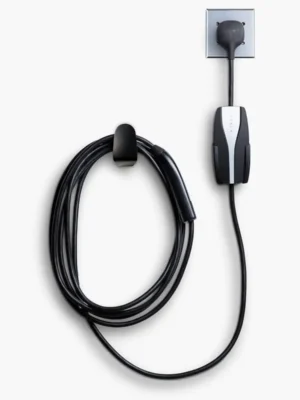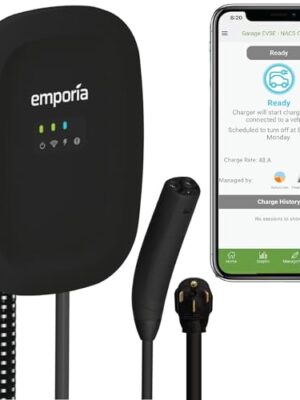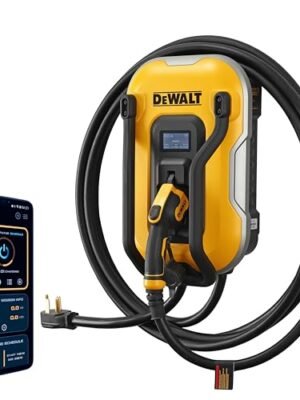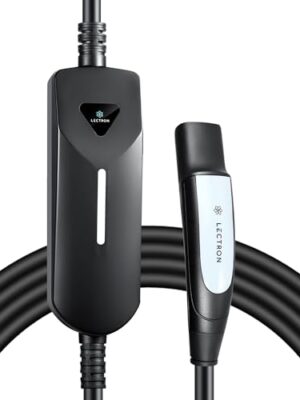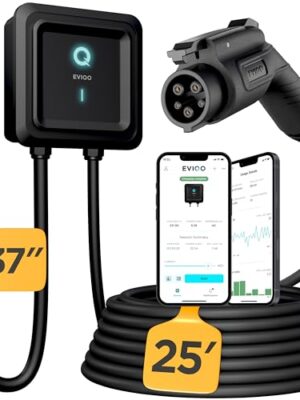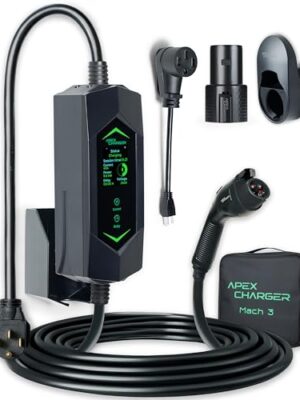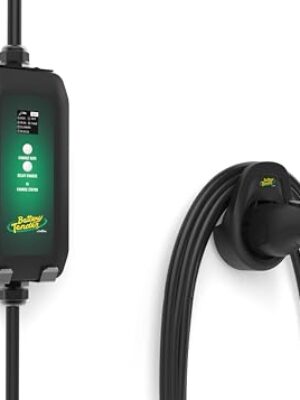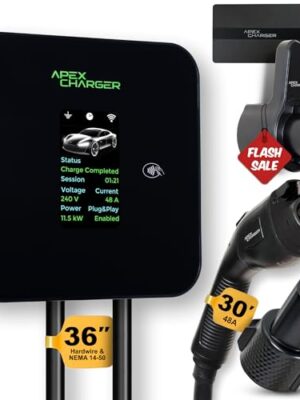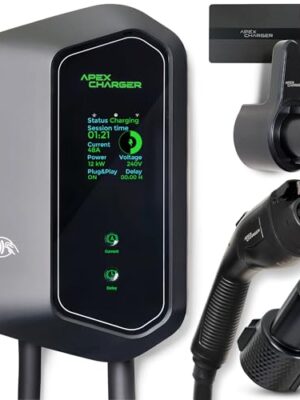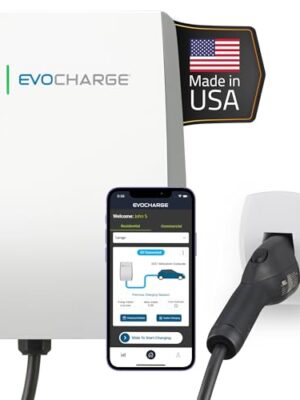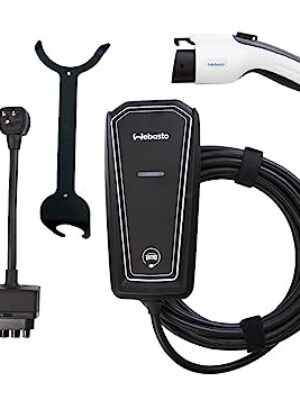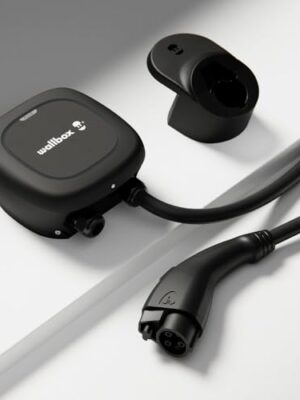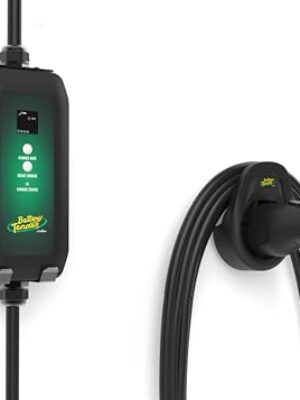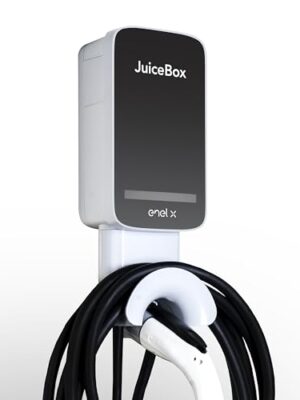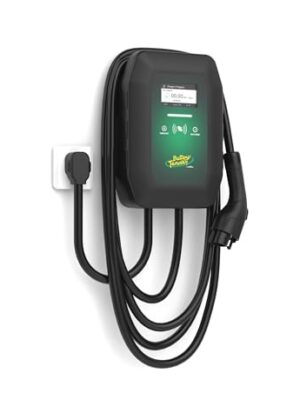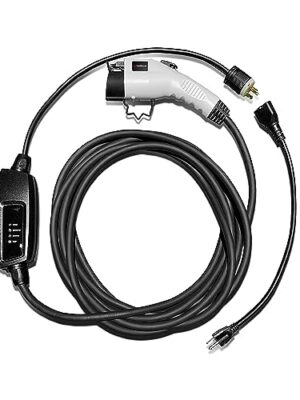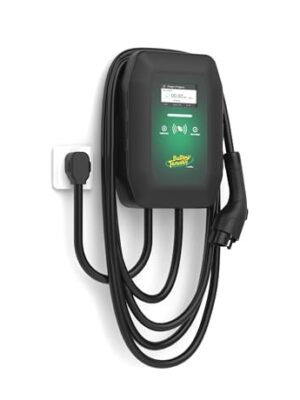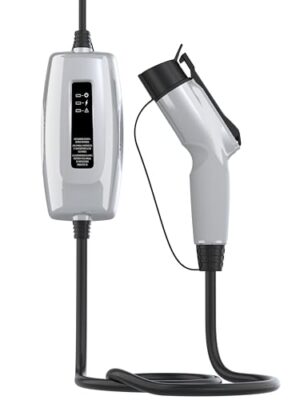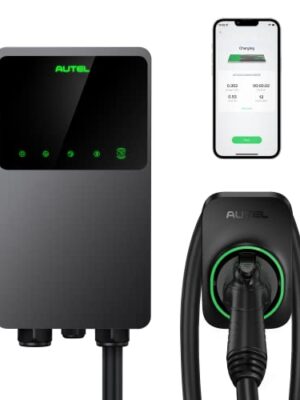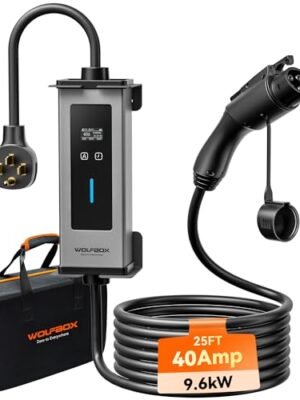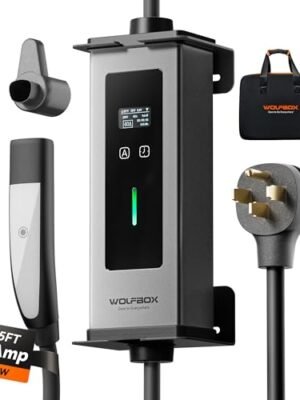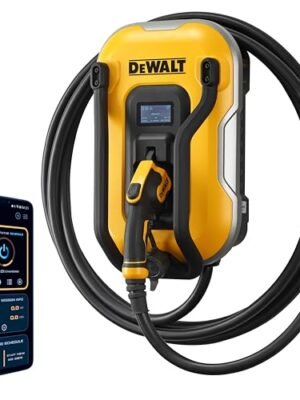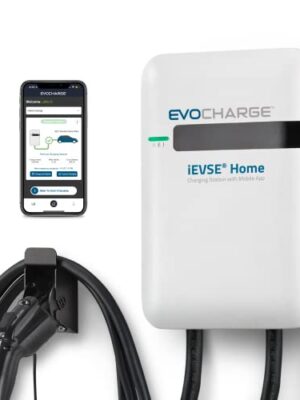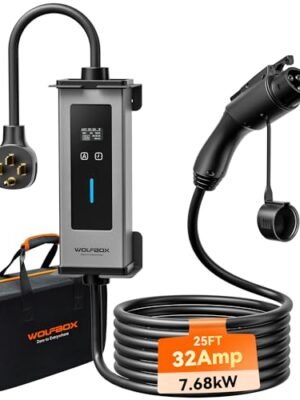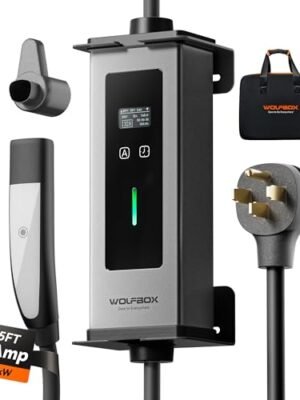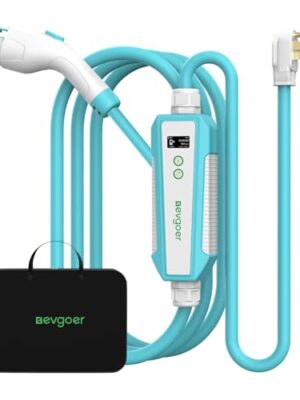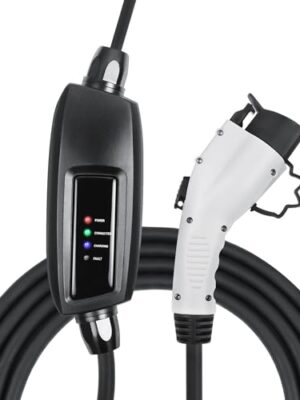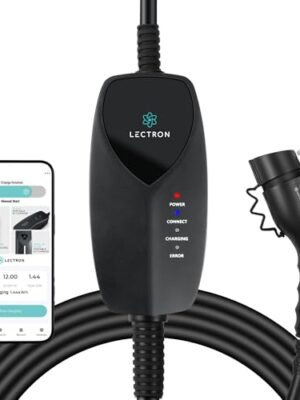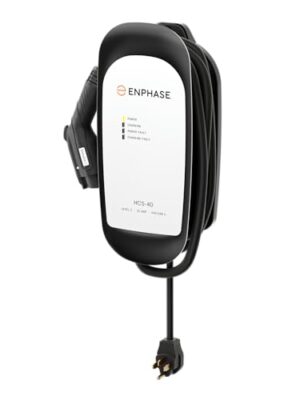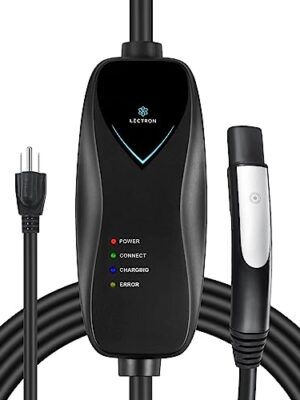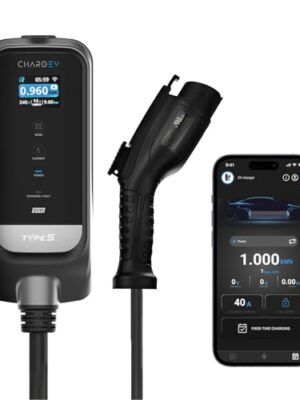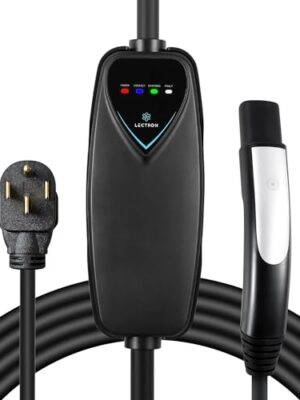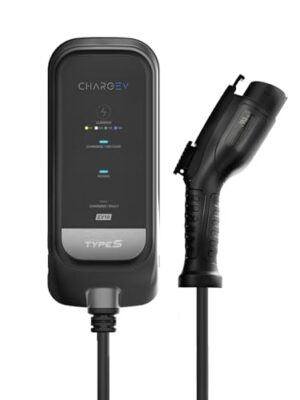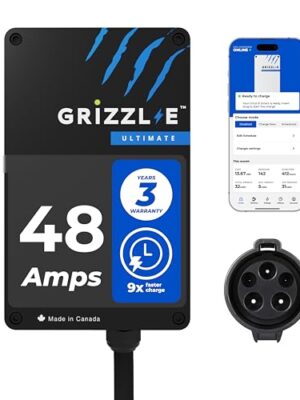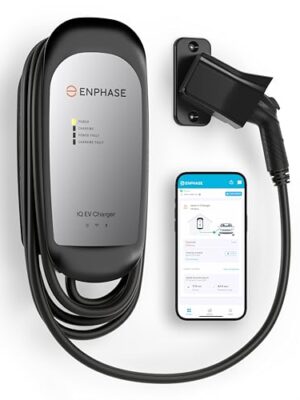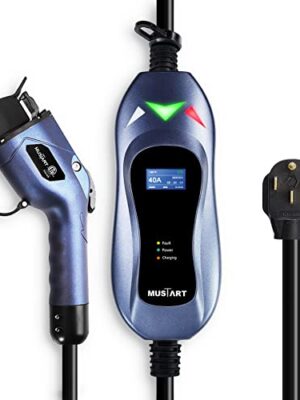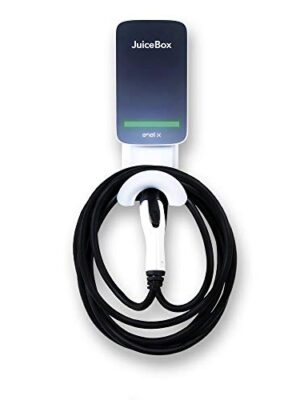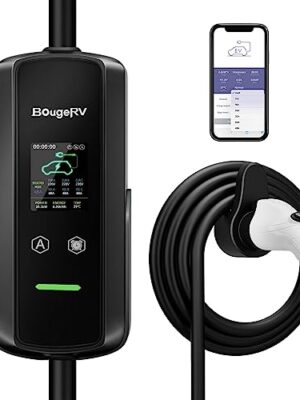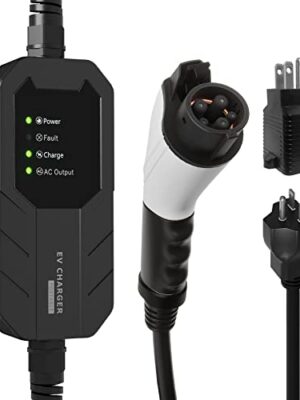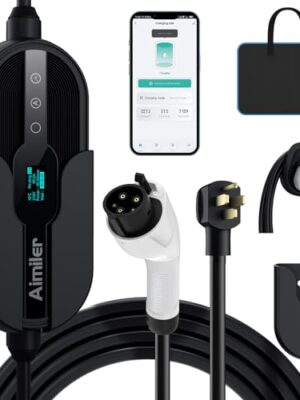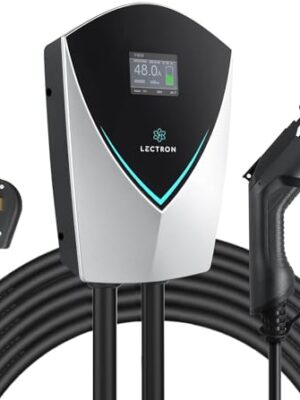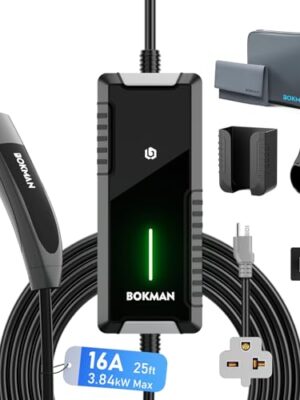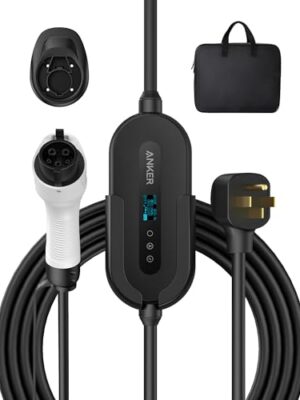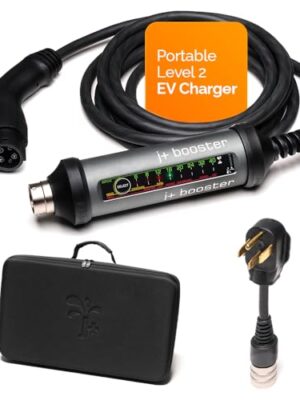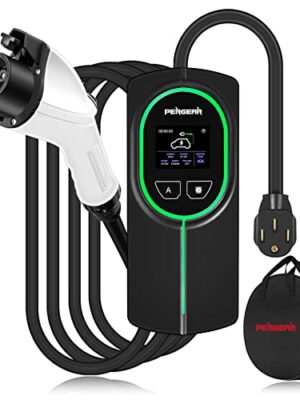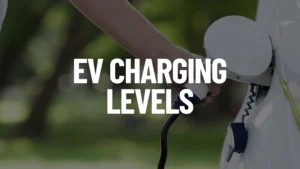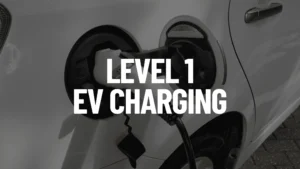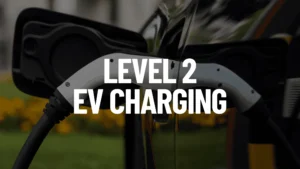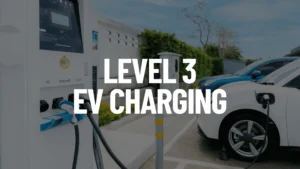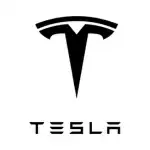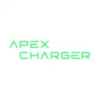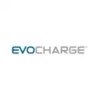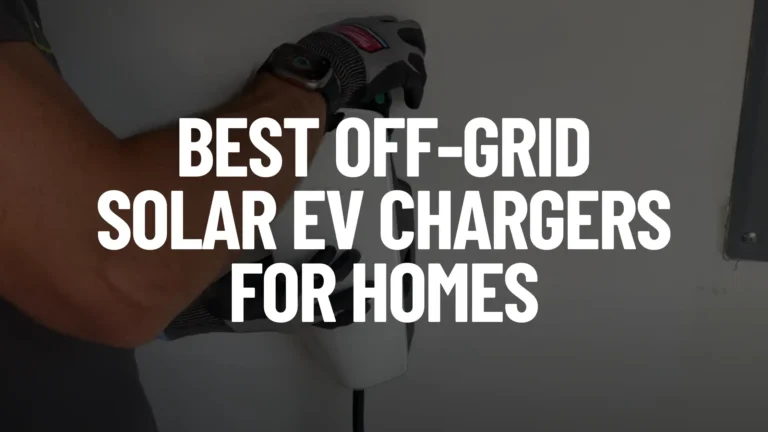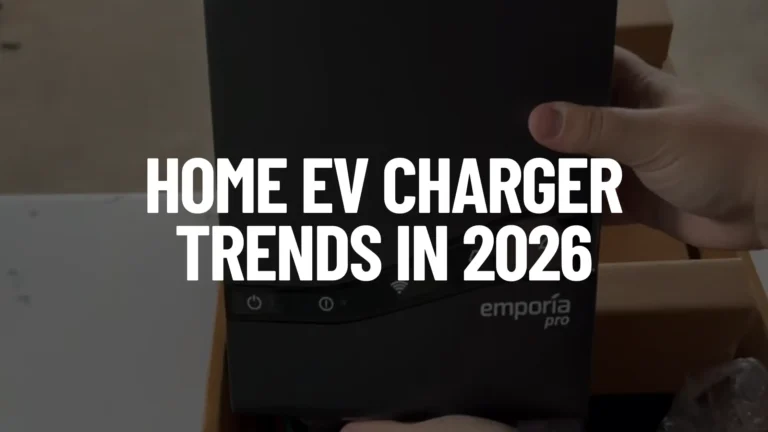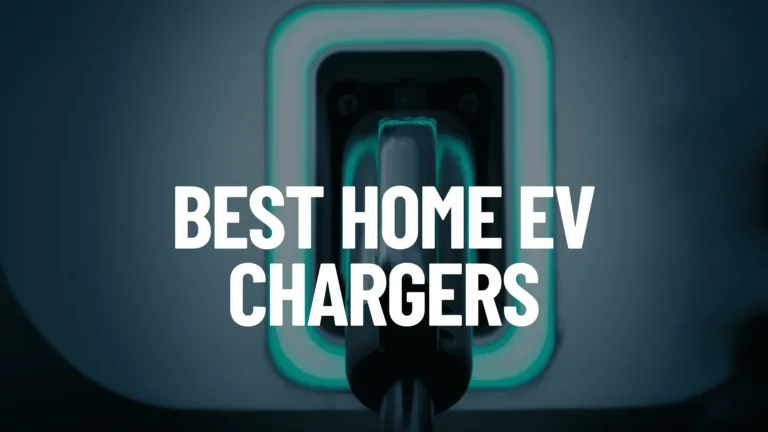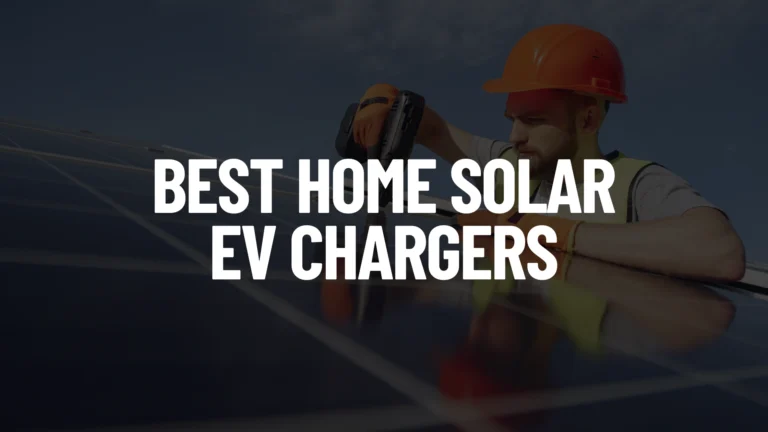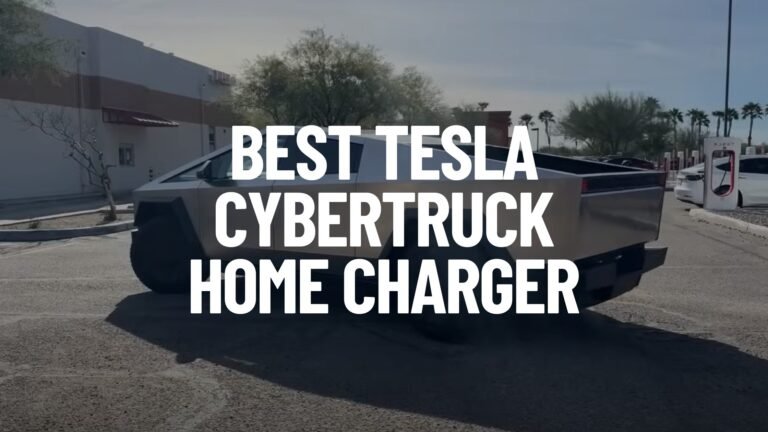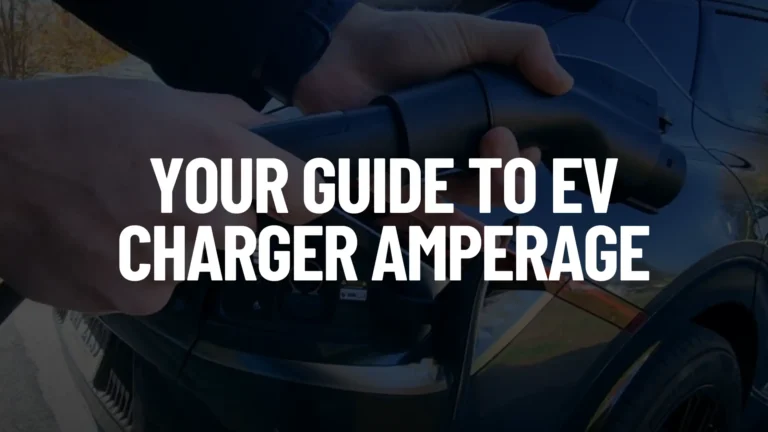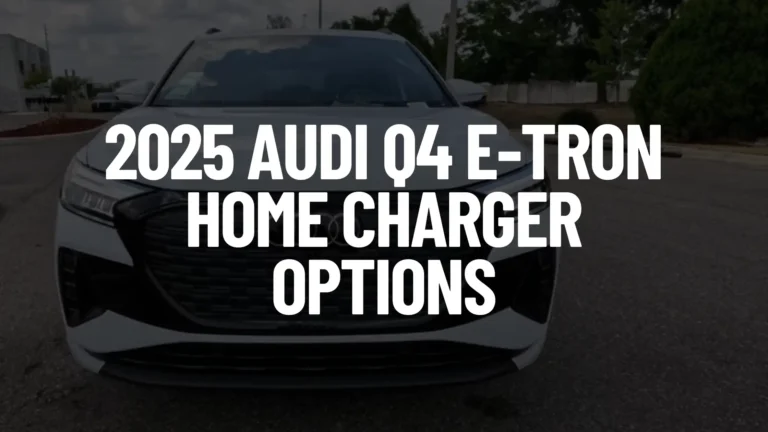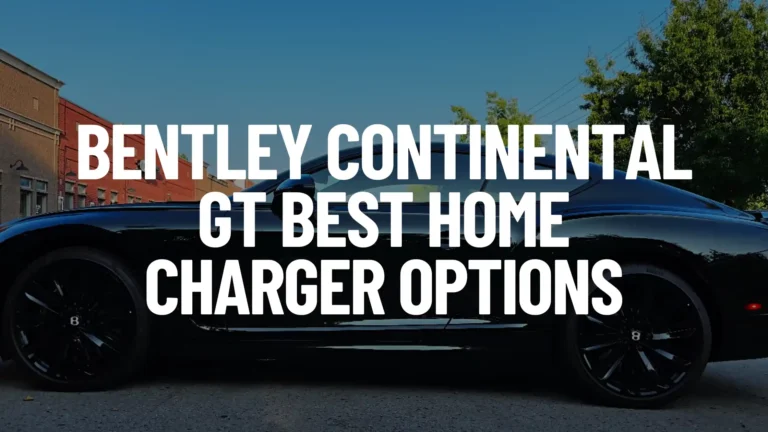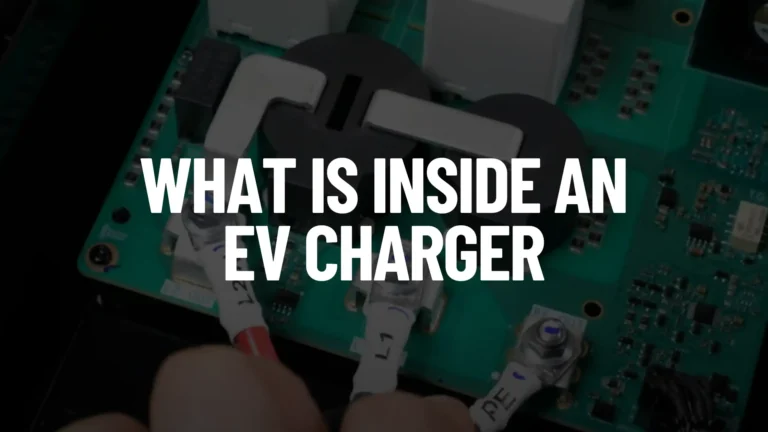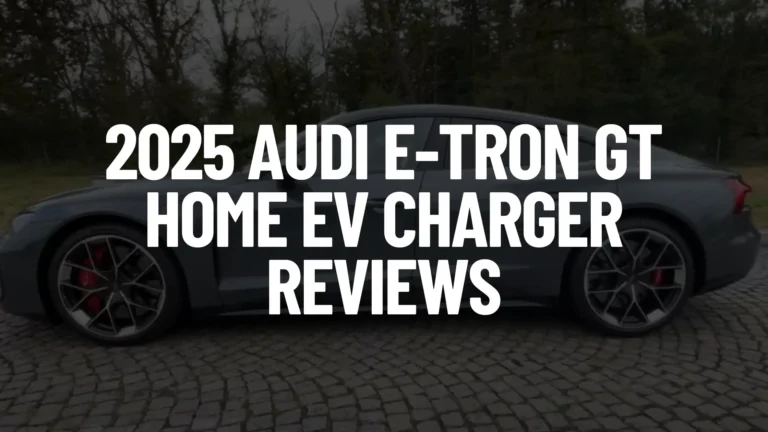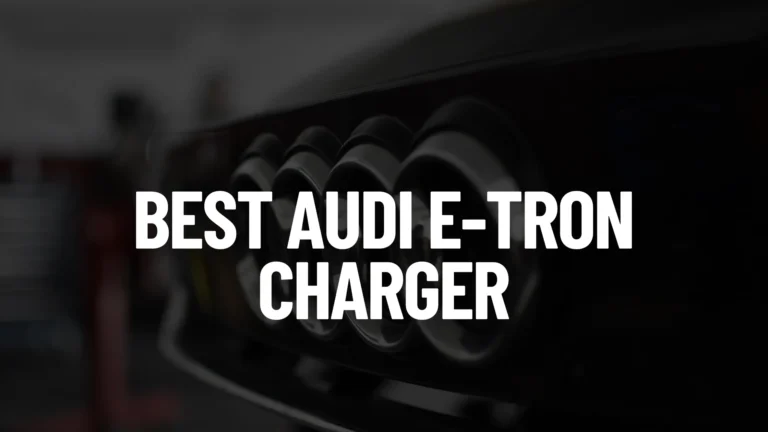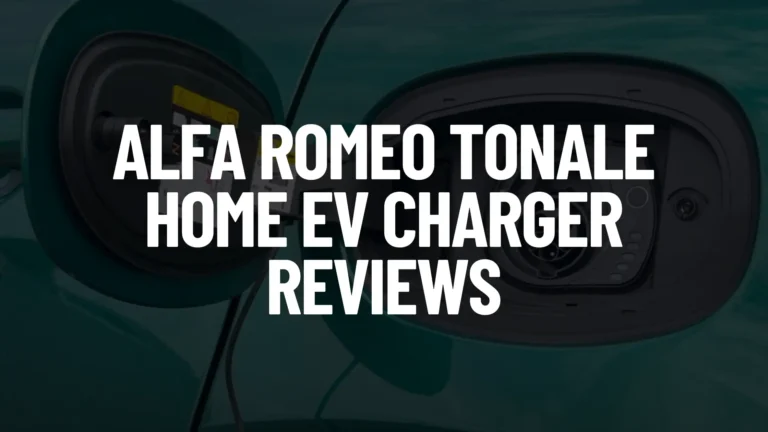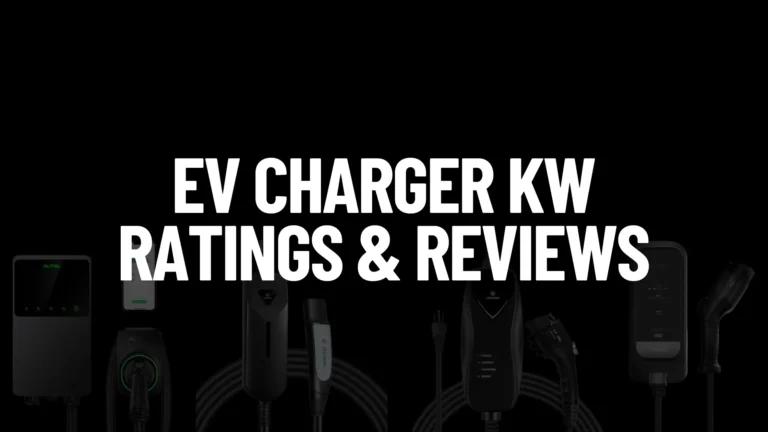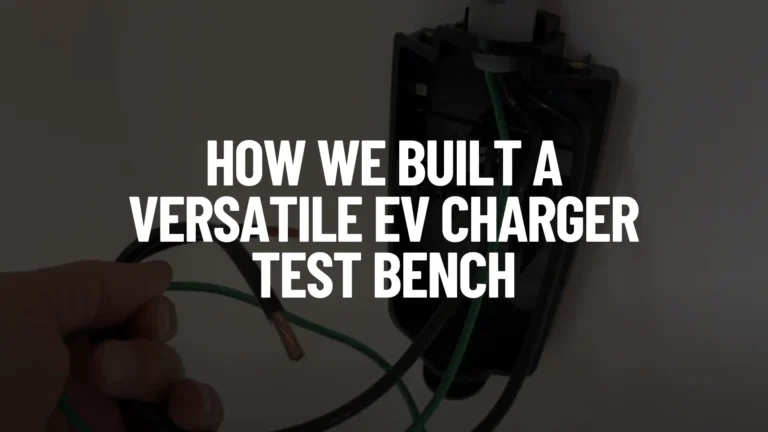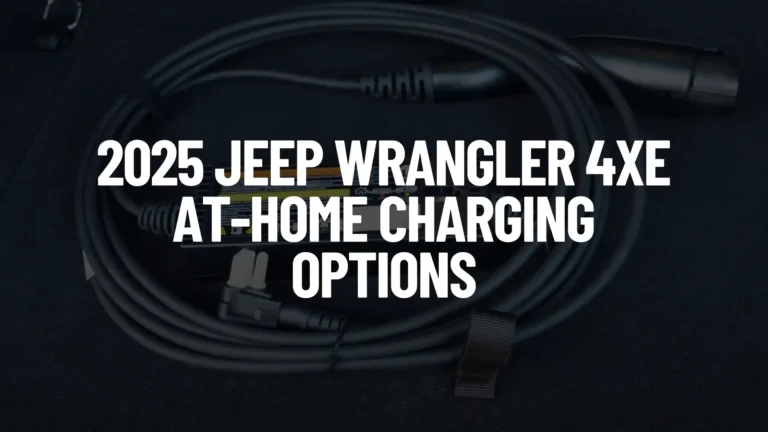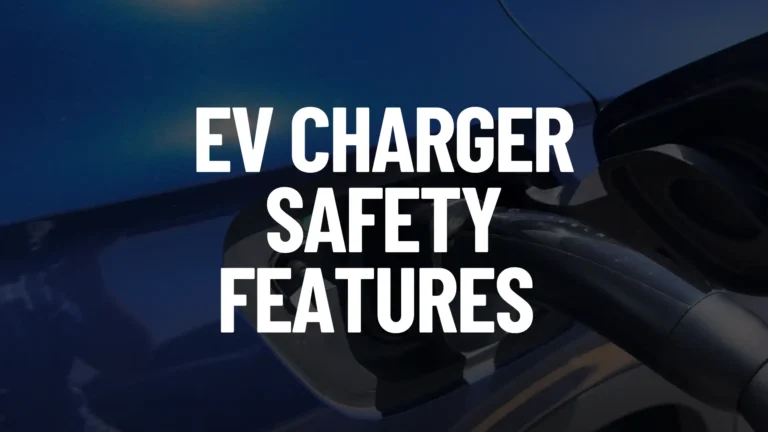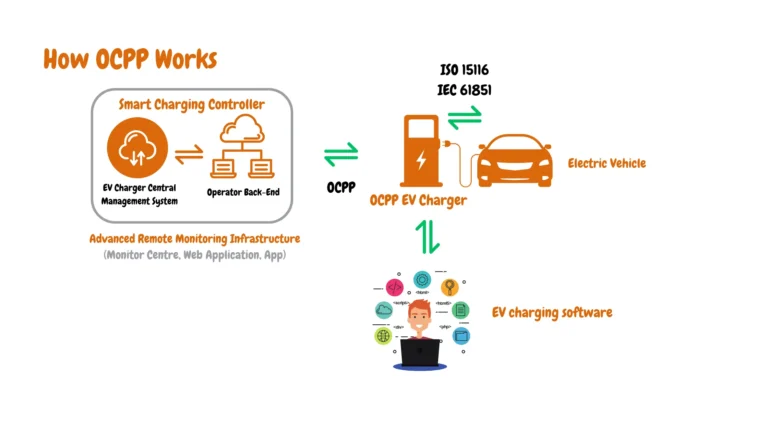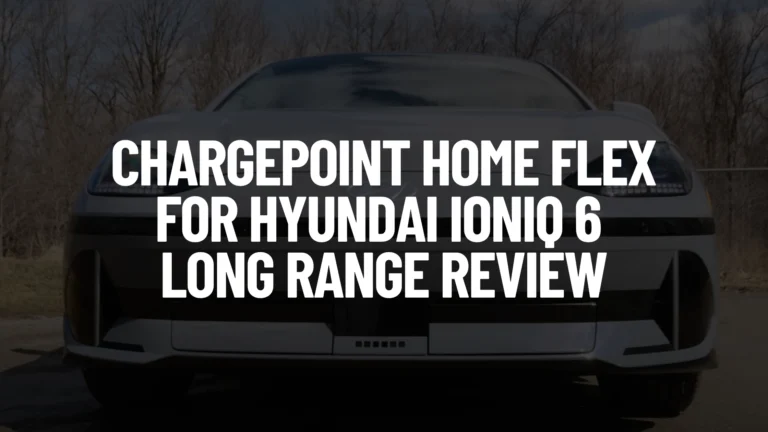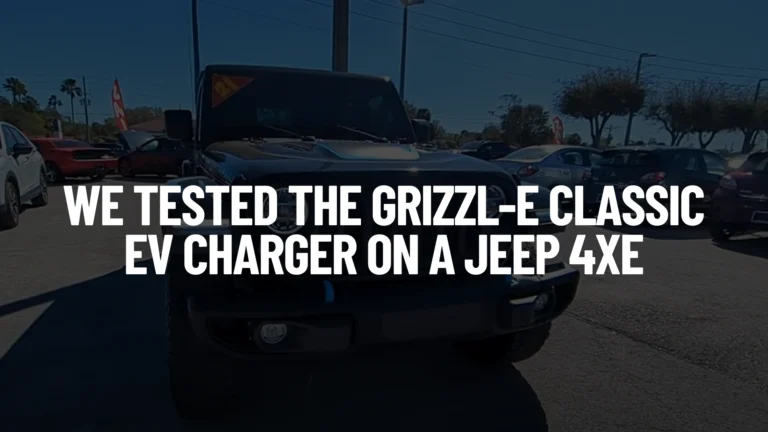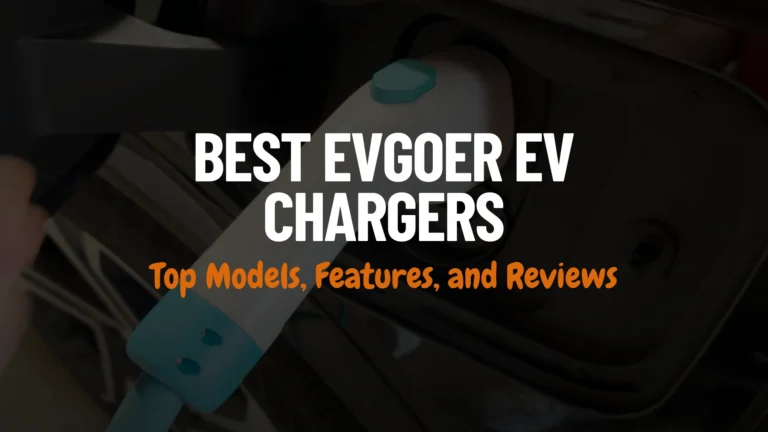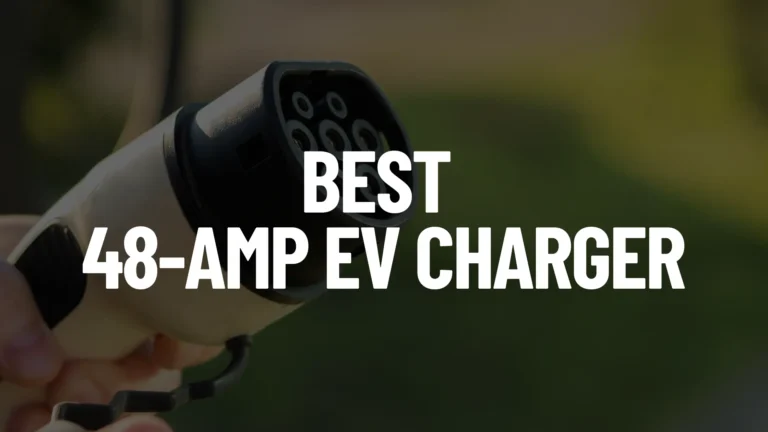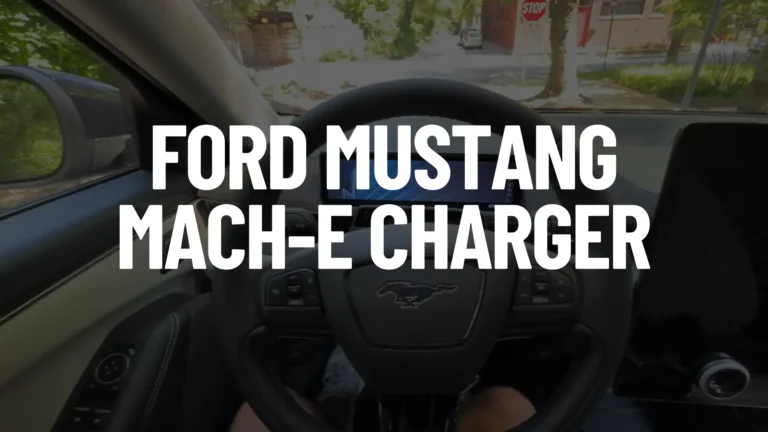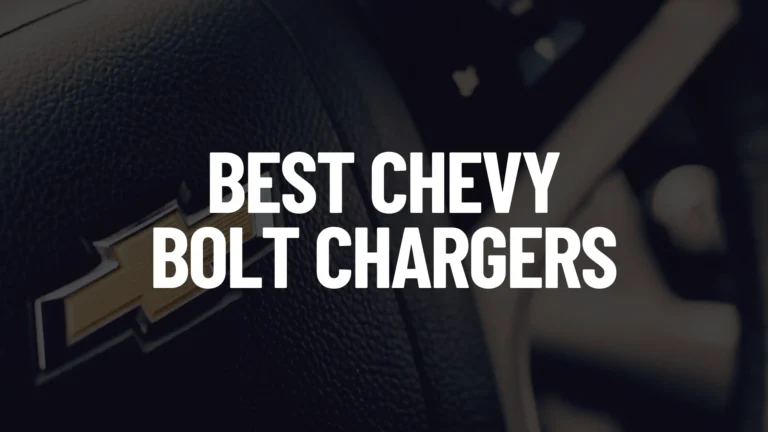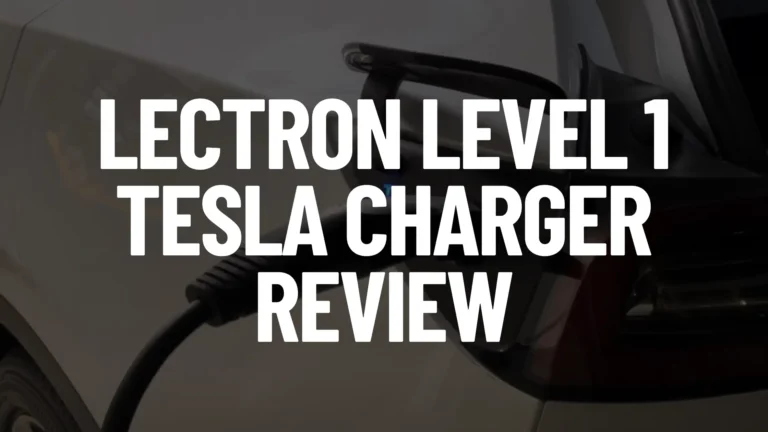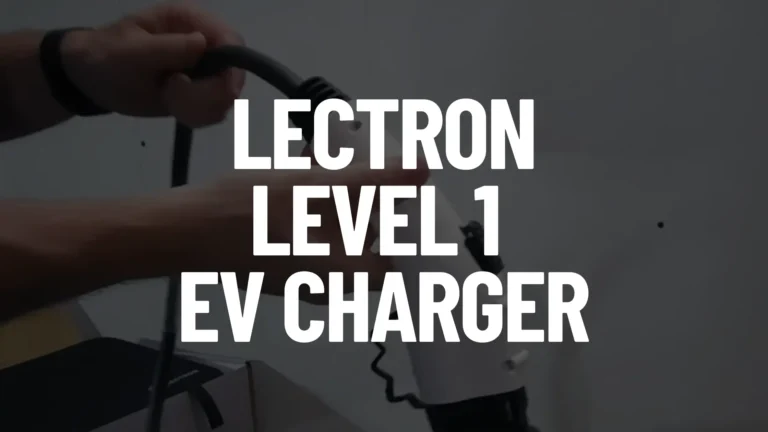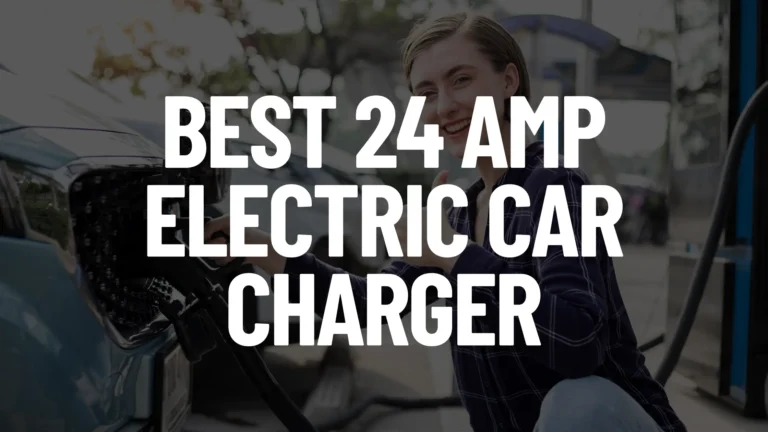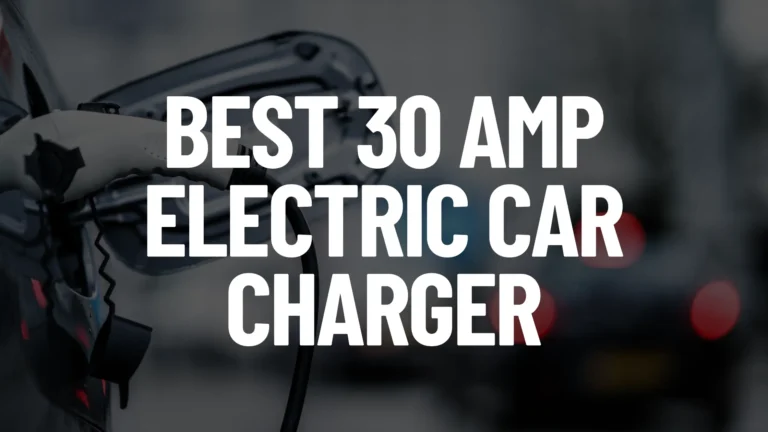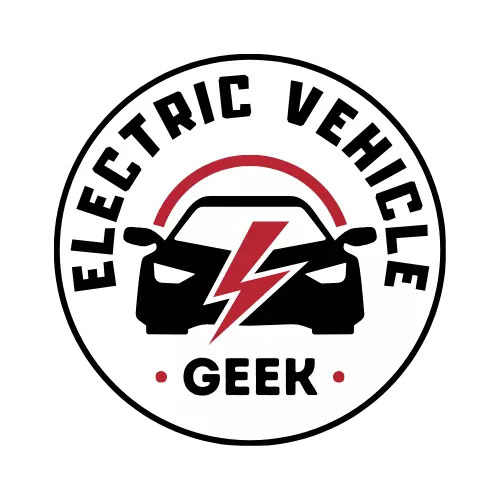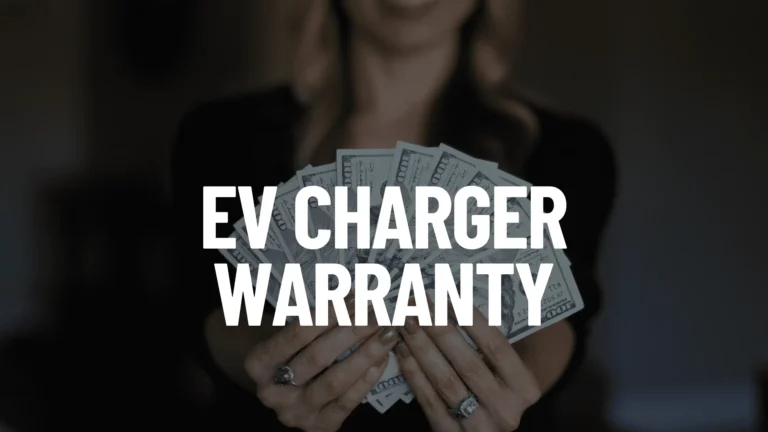
Supported by you via insider access, and when you purchase through links on our site, we may earn an affiliate commission. See our Affiliate Disclosure.
Electric Vehicle Chargers Reviews 2026
-
 Best Picks By
James Ndungu
Best Picks By
James Ndungu
- last updated March 3, 2026
Individual Electric vehicle charger reviews, sorted by editor rating. These are our top picks based on thorough testing and in-depth analysis.
Use the “Compare” button on each product to select multiple chargers, then click the ⚖️ scale icon to see a full side-by-side comparison.
Electric Vehicle Chargers Reviews 2026
Our 2026 electric vehicle charger reviews are based on a 1–10 expert rating system developed from hands-on testing, long-term usage, and continuous market evaluation. Each charger is scored across critical categories, including features, real-world performance, materials, durability, craftsmanship, design, value, brand reputation, and overall expert assessment. This standardised scoring makes it easy to compare chargers objectively and identify the best option for your specific EV charging setup.
Unlike one-time reviews, we frequently re-evaluate chargers to stay current with the latest EV charger trends. As firmware updates roll out, usage data accumulates, and new competing models enter the market, we revisit our scores to ensure they remain accurate and relevant. Chargers are tested under real home-charging conditions, not just spec sheets, allowing us to identify long-term reliability issues, thermal performance changes, cable wear, and real-world charging consistency etc.
This careful re-evaluation led to major changes in our 2026 rankings. Several older brands struggled to keep their position, such as EvoCharge. After the company shut down operations in late 2025, its charger ranking dropped sharply. Customers were forced to switch to the third-party Epic Charging app, which hurt the overall experience and caused service issues, leaving many users without the direct support they originally paid for.
The JuiceBox faced a similar situation. After Enel X Way stopped supporting it, the proprietary software and JuiceNet app no longer received updates or bug fixes. Unlike OCPP chargers, such as Evocharge, which allow third-party apps for smart features, JuiceBox units had no alternative, leaving users stuck with failing software and unsupported smart features.
At the same time, the Autel MaxiCharger 80A Charger climbed in our ratings. When we first reviewed the charger in 2025, some of its advanced smart EV charging features felt complex or even unnecessary. In 2026, those same features have become essential for modern home energy management. It’s clear Autel wasn’t just building for the present; it was building for where the market was headed.
Because this page includes every EV charger we’ve reviewed, we’ve built a powerful custom filter to simplify your search. You can narrow results by brand, connector type, charging level, power output (kW), voltage, amperage, cable length, mounting type, connectivity type (Wi-Fi, Bluetooth, Ethernet, or Cellular), smart EV charging features, and safety certifications such as UL, ETL, CSA, FCC, and ENERGY STAR – making it easy to compare only chargers that truly meet your requirements.
For deeper insights, click any charger’s image or title to access the full expert review. If you’re comparing multiple EV chargers, use the “Compare” button beneath each model, then select the ⚖️ icon to view side-by-side specifications, long-term performance notes, and our expert rating scorecard. This comparison process reflects not only how chargers perform at launch, but also how they hold up over time against newer models and evolving EV charging demands.
Our goal for 2026 is simple: accurate, experience-based EV charger recommendations you can trust, backed by ongoing testing, real-world usage, and expert comparisons, not marketing claims.
Are You New to Electric Vehicle Chargers?
If you’re new to electric vehicle chargers, it helps to know the three main charging levels. Level 1 is the slowest, Level 2 charges faster at home, and Level 3 is for rapid public charging.
Browse our comprehensive archive of smart EV charger reviews to identify the best models based on their connectivity and integration capabilities, such as remote monitoring, programmable scheduling, energy usage tracking, and seamless compatibility with home energy management systems or IoT devices.
Editor’s Tip: Utilize our advanced EV Charger Filter to refine your search by connectivity options, including Wi-Fi, Bluetooth, Ethernet, or Cellular, ensuring you find a smart charger that fits your technical and lifestyle needs.
The right charger comes down to key specs: brand, connector type, charging level, power (kW), voltage, amperage, cable length, safety certifications, and smart features. These determine compatibility with your EV and electrical system, as well as charging speed and safety.
Editor’s Tip: Use our EV Charger Filter to narrow chargers by specs, and our EV Charger Comparison Tool to compare chargers’ specifications side by side. Together, they will help you quickly narrow down and compare charger key specs and differences side-by-side, helping you make informed choices confidently.
Explore our complete vehicle archive to find the best EV chargers and accessories for every make and model. Each vehicle page includes expert recommendations, charging specs, and compatible home and portable charger options tailored to your car’s onboard charger capacity and connector type. Quickly compare brands, charging speeds, and installation options to choose the ideal setup for your electric or plug-in hybrid vehicle, all organized by manufacturer for easy browsing.
We have organized our EV charger reviews by leading North American brands to simplify your decision-making, letting you focus on each brand’s reputation, product ecosystem, and unique features and services. This allows you to bypass exhaustive research on every product and rely on the brand’s established reputation to make a confident purchase.
We have organized our EV charger certifications by the five major safety and efficiency marks recognized in North America (CSA, Energy Star, ETL, FCC, and UL) to simplify your decision-making, letting you focus on each certification’s standards, testing requirements, and industry acceptance. This allows you to bypass exhaustive research and rely on established safety marks to make a confident purchase.
Editor’s Tip: Use our EV Charger Filter to narrow down chargers by certifications and other key specifications, and our EV Charger Comparison Tool to compare specs side-by-side. These tools make it easy to identify chargers with important safety certifications like UL, ETL, CSA, FCC, and ENERGY STAR, helping you make confident, informed choices.
Explore our expanded range of independent electric vehicle charging station reviews across multiple brands, models, vehicles, and specifications. Backed by data, research, expert analysis, and side-by-side comparisons, our reviews help you make informed decisions and select the best charging station for your vehicle, electrical setup, and specific needs.
Quick EV Charger Comparison Tool
Add two or more EV chargers and click “Compare” to see a detailed head-to-head comparison, including editor scorecards, charging level, amperage, kilowatts, cable length, voltage, power input, and more key specifications.Why Trust Our EV Charger Reviews
Rigorous Testing
We’ve tested 350+ chargers and accessories, gathering 1,000+ real-world data points to give you the clearest picture.
We’ve tested 50+ brands, recommending only those with proven reliability and strict certifications.
Expert Team
Reviews are written by certified EV charger installers and licensed electricians who own and use electric vehicles.
Built on Integrity
All reviews are always independent, unbiased, and fully data-driven to provide trustworthy guidance.
We test EV chargers through a rigorous, real-world process to ensure our reviews are accurate and experience-backed. Each unit undergoes visual and mechanical inspection, torque verification, and electrical safety checks before power is applied. We then evaluate performance on our custom EV charger test bench, replicating NEC-compliant residential branch circuits for 120V AC Level 1 and 240V AC Level 2 charging.
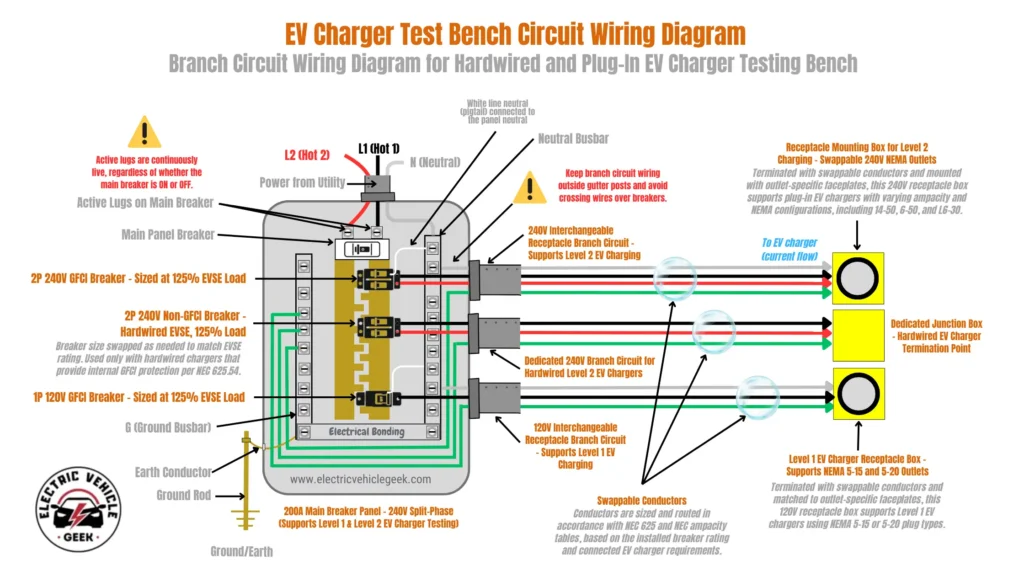
Functional tests under variable loads, simulated faults, and real EV sessions reveal hidden issues. Using PQMs, signaling analyzers, and thermal imaging, we assess safety, efficiency, and durability before scoring each charger across ten categories for a true-to-life performance rating.
Get a Personalized Electric Vehicle Charger Recommendation
Save up to 20% on your EV charger, and even more on total project costs by sourcing smarter. Get a solution that’s reliable today and future-proofed for tomorrow. Click the button below to receive a personalized recommendation and find the best charger for your EV and home setup.If you’ve started shopping for an EV charger, you’ve probably noticed just how many options are out there, each claiming to be the fastest, smartest, or most reliable. Our goal is to make comparisons simple and transparent. Every EV charger we review is measured using the same consistent criteria, giving you a clear picture of how it truly performs in real-world use. Below are the sections you’ll find in all of our reviews:
Features
This is where we look at the core charging functions, hardware quality, and overall usability. Does the charger deliver on everything it promises, and maybe even a little more? We also cover smart features, safety features, and convenience details that make charging easier day to day.
Real-World Usage
EV charger specs are one thing, but how does it perform in the real world? We test reliability, ease of use, and charging consistency over time. Our focus here is on the homeowner and installer experience, does it work smoothly and dependably in everyday conditions?
Materials
The quality of materials can make or break a charger’s lifespan. We examine the unit housing, cable, and plug to see if they’re made from tough, industrial-grade components. UV-resistant plastics, weatherproof seals, and reinforced connectors are all signs of a well-built product.
Durability
An EV charger should last years, not months. We evaluate how well it holds up under stress, heavy daily use, outdoor exposure, and temperature swings. If it can endure harsh environments without breaking down, it earns high marks here.
Craftsmanship
Build quality says a lot about a brand’s standards. We look closely at the details, clean wiring, tight seals, secure terminals, and solid EV charger internal components and design. A carefully assembled charger doesn’t just perform better; it’s also safer, last long and easier to maintain.
Design
Form meets function in this section. We look for chargers that are sleek, compact, and practical. Does the cable store neatly? Is the wall mount sturdy? Are the indicator lights clear and useful? A well-designed charger looks good and works even better.
Monetary Value
Here we weigh price against performance. Does the charger justify its cost with solid features, reliability, and quality? We also compare it to others in the same price range to see if you’re getting the best bang for your buck.
Product Value
Beyond charging, what else do you get? This includes warranty terms, customer support, cable length, certifications, and installation options. We consider whether it feels like a complete, well-rounded solution, not just a basic charging unit.
Brand Reputation
A great product usually comes from a great company. We review the brand’s track record, its commitment to safety, customer service, and long-term reliability. Positive feedback from users and electricians is a strong indicator of trustworthiness.
Expert Valuation
Finally, we bring everything together. After testing, installation, and benchmarking against the best chargers available, we share our expert verdict. This is our final take on how well the charger performs, holds up, and compares within its category.
FAQs
What is the best home EV charger in 2026?
The best home EV charger in 2026 depends on your vehicle, electrical capacity, and charging goals. Top-performing chargers in our list such as Tesla Universal Wall Connector and the Grizzl-E Smart Charger stand out for safety certifications, build quality, reliability, smart features, and long-term durability rather than just raw charging speed.
Are all EV chargers compatible with every electric vehicle?
No, not all EV chargers are universally compatible. Most non-Tesla vehicles in North America use the J1772 connector, while Tesla vehicles use a proprietary(NAC) connector. Some chargers now include built-in adapters or support both standards. Compatibility with vehicle software, charging limits, and future connector standards should also be considered.
What’s the difference between Level 1, Level 2, and DC fast chargers?
Level 1 chargers plug into standard household outlets and are very slow. Level 2 chargers use 240-volt power and are the most common choice for home installations, offering much faster charging. DC fast chargers are commercial-grade stations designed for rapid charging on the road and are not suitable for residential use.
How many amps should a home EV charger have?
Most homes do best with a 40-amp or 48-amp Level 2 charger. The right amperage depends on your electrical panel capacity, breaker size, and daily driving habits. Higher amperage allows faster charging but requires proper wiring, breaker sizing, and sometimes a panel upgrade.
Is hardwired or plug-in charging better for home use?
Hardwired EV chargers are generally safer and more reliable for long-term use, especially at higher amperage levels. Plug-in chargers offer flexibility but rely heavily on the quality of the outlet and wiring. Many experts recommend hardwired installations for chargers above 40 amps.
Are smart EV chargers worth it?
Smart EV chargers can be worth it if you want features like scheduling, energy tracking, app control, solar integration, or utility rate optimization. However, smart features vary widely by brand, and reliability matters more than extra functions. Some drivers prefer simpler chargers with fewer points of failure.
How much does it cost to install a home EV charger?
Installation costs vary depending on electrical panel capacity, wiring distance, amperage, and local labor rates. In many cases, installation can cost as much as the charger itself. Homes requiring panel upgrades or long wire runs will have higher installation costs.
Are EV chargers safe to use daily?
Yes, high-quality EV chargers are designed for daily use when properly installed. Safety depends on certifications, internal protections, thermal management, and correct electrical installation. Cheap or uncertified chargers increase the risk of overheating and electrical failure.
How long should a good EV charger last?
A well-built EV charger should last many years, even with daily use. Durability depends on materials, internal components, weather resistance, and brand support. Chargers with strong warranties and proven long-term performance tend to offer the best value over time.
